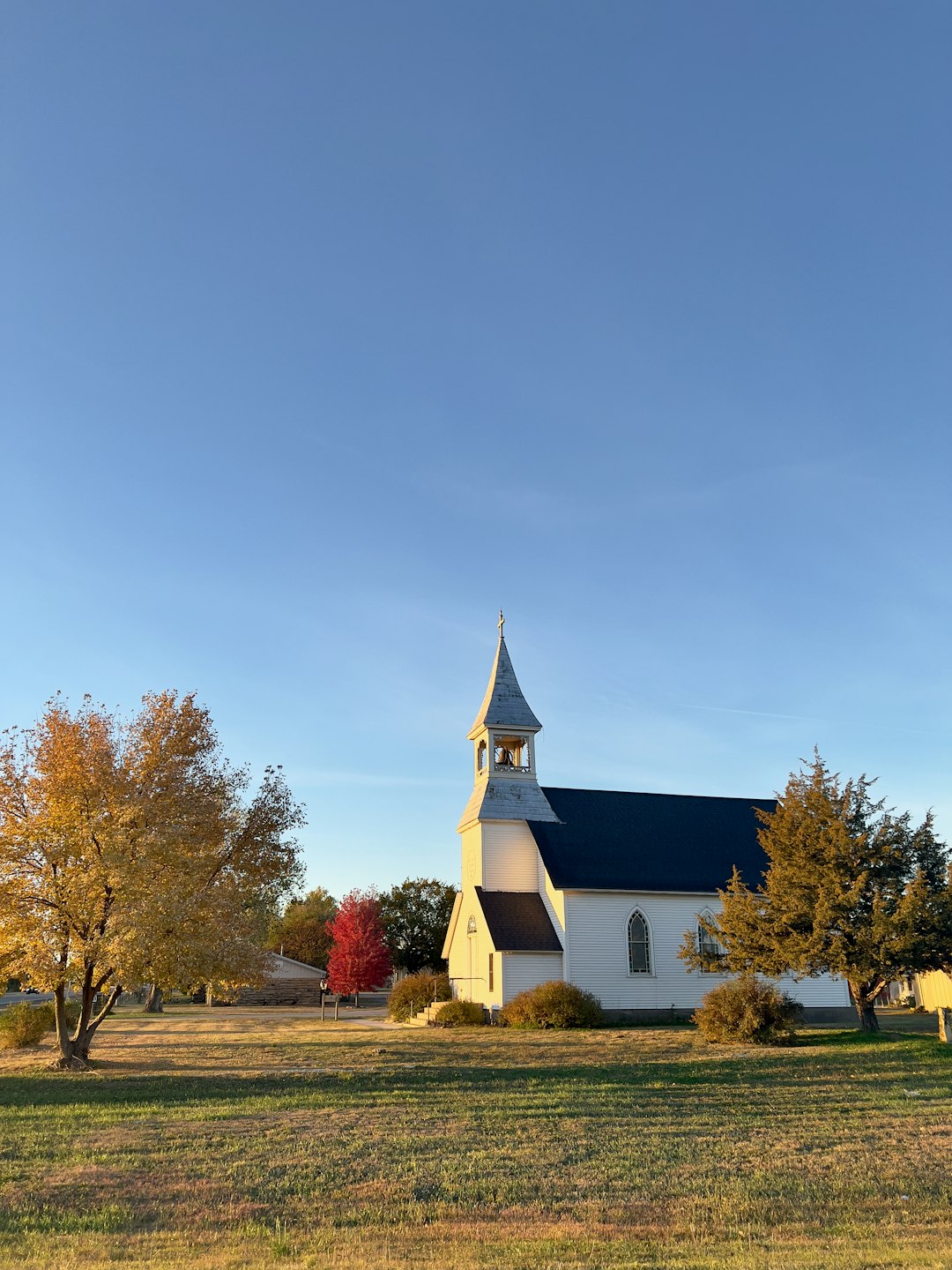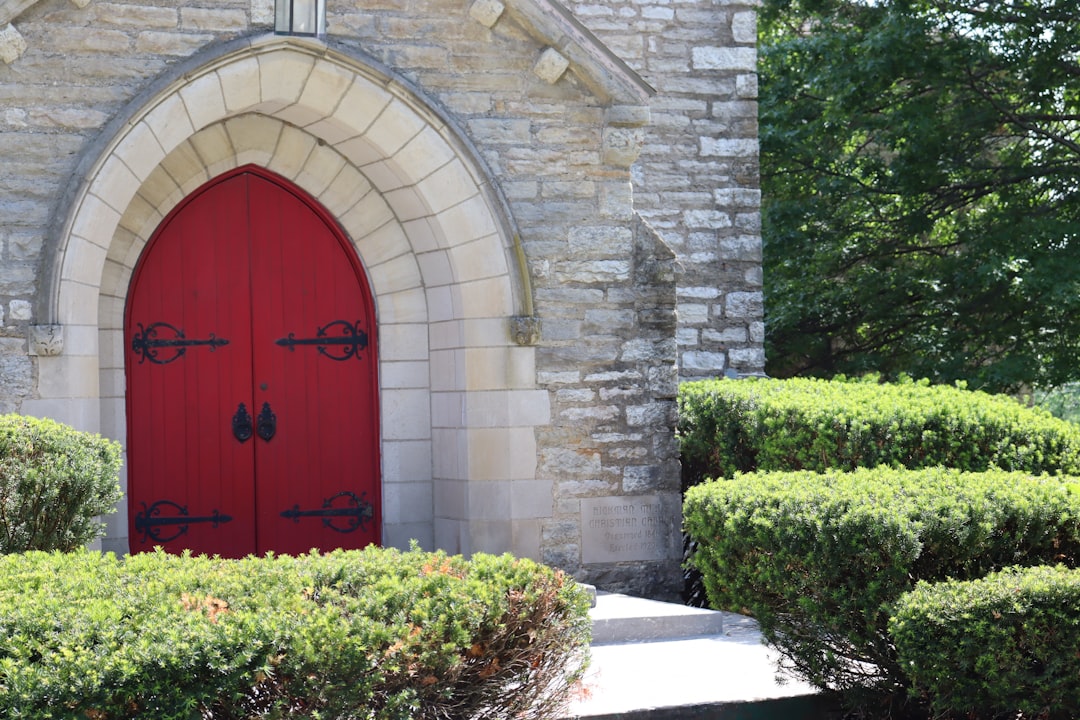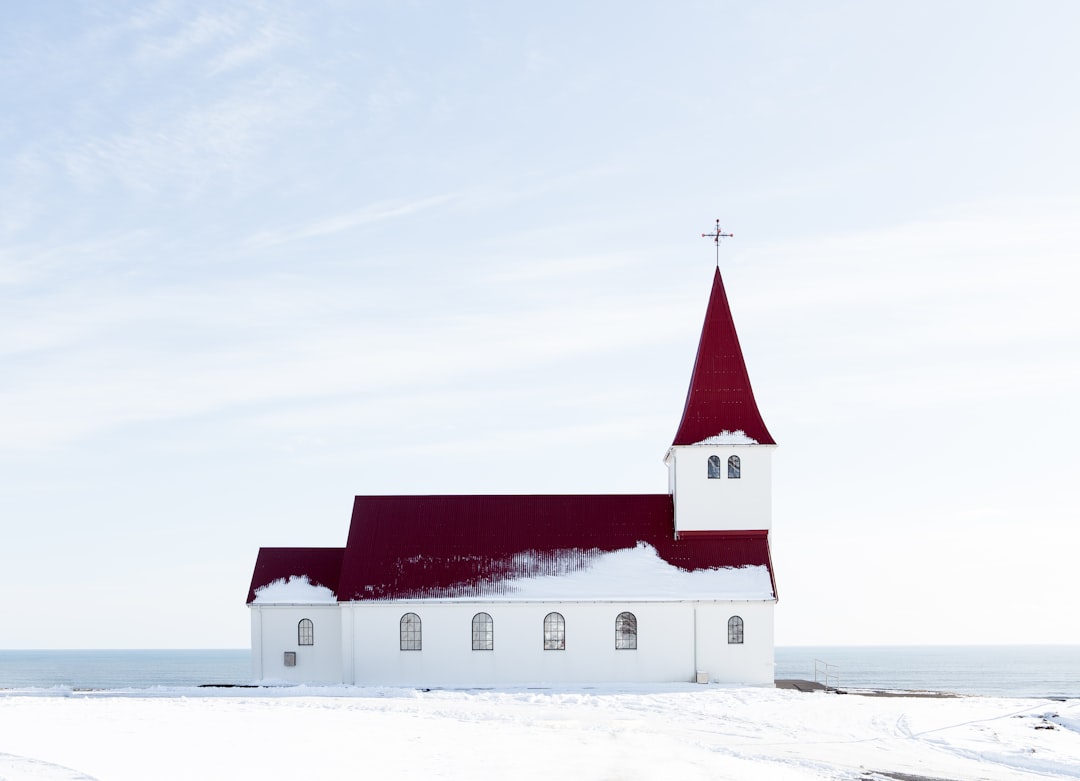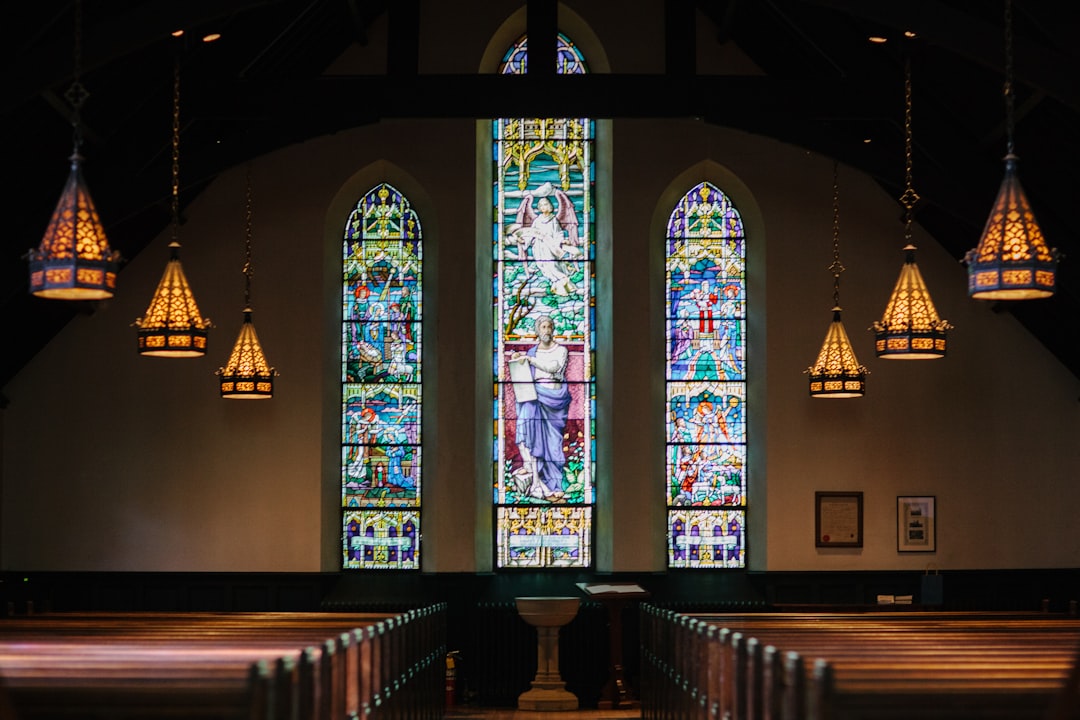In Kansas, clergy sexual assault cases have led to discussions about power dynamics in religious institutions and the need for stronger legal protections. Civil lawsuits by victims against religious leaders have gained attention, setting precedents that shape a national legal landscape. Skilled clergy abuse attorneys navigate complex matters involving church laws and state regulations, helping survivors pursue justice and accountability while respecting privacy. Notable court cases have enhanced protection for victims, influencing strategies to prevent and address clergy sexual misconduct in Kansas churches.
In Kansas, as across the nation, the issue of clergy sexual assault has garnered significant attention. This article delves into the historical overview of clergy abuse cases in the state, explores legal strategies available for victims, and highlights notable precedents that have shaped future legal interpretations. Understanding these precedents is crucial for both victims seeking justice and clergy abuse attorneys advocating on their behalf in Kansas. By examining past cases, we gain insights that may aid in navigating complex legal landscapes and fostering healing.
Historical Overview of Clergy Abuse Cases in Kansas

In Kansas, cases of clergy sexual assault have garnered significant attention over the years, sparking important conversations about power dynamics within religious institutions and the need for robust legal protections. Historically, the state has seen a steady rise in civil lawsuits alleging abuse by religious leaders, with many victims seeking justice and accountability. These cases have not only shed light on the prevalent issue of clergy abuse but also set precedents that shape the legal landscape for similar instances across the country.
A review of Kansas court records reveals numerous settlements and verdicts involving clergy members accused of sexual misconduct. Notable cases have led to substantial monetary compensations for victims, setting a precedent for future lawsuits. The presence of skilled clergy abuse attorneys in Kansas has been instrumental in navigating these complex legal matters, ensuring that victims’ rights are protected and providing them with the resources needed to pursue justice.
Legal Strategies for Victims of Sexual Assault by Clergies

Victims of sexual assault by clergy in Kansas have unique legal challenges due to the sensitive nature of their cases. Many survivors may feel intimidated by the prospect of suing a religious institution or reporting their abuser, especially when that person holds authority within their community. However, it’s crucial for victims to know they have rights and options. A skilled clergy abuse attorney in Kansas can help navigate these complex legal strategies.
These attorneys specialize in understanding the nuances of church laws, state regulations, and potential institutional cover-ups, which often accompany clergy sexual assault cases. They guide victims through civil litigation processes, helping them seek compensation for their suffering while also holding accountable those who have committed such acts. Additionally, they ensure that survivors’ privacy is respected throughout the legal journey.
Notable Precedents and Their Impact on Future Cases

In the landscape of clergy abuse cases, several notable precedents have emerged in Kansas, shaping the legal outcomes for future cases. These precedent-setting decisions by the state’s courts have been instrumental in establishing guidelines and protections for victims of sexual assault within religious institutions. One significant case involved a prominent Kansas clergy abuse attorney who successfully argued that churches have a duty to protect their congregants from predatory behavior by religious leaders. This ruling opened the door for easier access to justice for survivors, as it clarified the liability of religious organizations in such incidents.
The impact of these precedents extends beyond individual cases, influencing legal strategies and community awareness. They emphasize the importance of proactive measures by religious organizations to prevent abuse, proper reporting mechanisms, and transparent handling of allegations. As a result, many churches in Kansas have implemented stricter policies and training programs to address clergy sexual misconduct, ensuring that future cases are handled with increased sensitivity and accountability.






